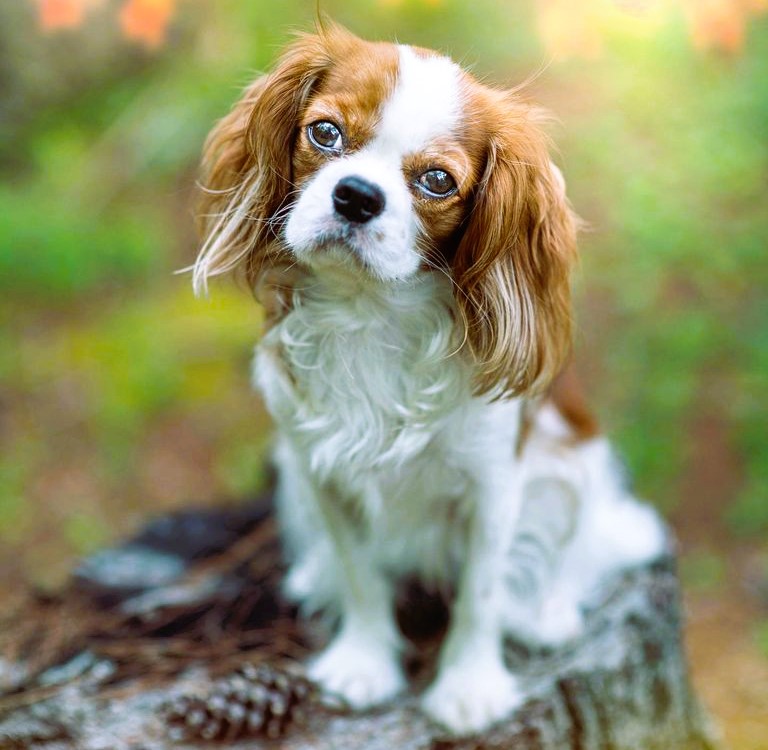Keeping dogs as pets is fun and can be equally taxing. Aside from the overall grooming of the dog for healthy living, dog keepers must pay attention to what the dog eats voluntarily and involuntarily. The curiosity of dogs makes them eat what they are not meant to eat at times. Part of these is the pine needles; they are neither a food source nor a treat.
Pine needles are a common outdoor irritant for dogs. These needles can pierce the GI tract. This can lead to significant health risks and may require surgery. There is no nutritional value in pine needles for dogs and the presence of toxins in pine needles is a bigger cause for concern than the amount of pine in the pine. Hence, it’s important to make sure your dog does not eat them.

Reason Dogs Eat Pine Needles
You may wonder what would make your dog eat pine needles after giving the best care possible; well, there is more to it. I have done personal research and come to the resolution that the following may be the cause:
1. Nutritional disorder
Dogs have a habit of chewing non-food items; this condition is known as pica. These behaviors can be harmful to your dog’s health and can lead to the swallowing of toxic objects like pine needles. Ensuring the right quality and quantity of food and treats given to your dog is the most feasible way of avoiding this cause.
2. Boredom
Your dog may be bored with their surroundings, triggering them to chew any item or object on sight; unfortunately, the pine needles may be around the vicinity during this period. Pet toys are the most practical approach to ease boredom in dogs; these get the dogs busy and active over time.
What Happens When Dog Eats Pine Needles
Pine needles are naturally intestinal irritants; Their sharpness can cause external and internal injury. When a dog eats the pine needles, the tampered structure of the needle makes it easy for it to puncture the mucous membranes or skill wall around the dog’s mouth cavity leading to sore or wounds around the mouth. The wound opens the dog to various infections that may impair the health of the dog. That is even secondary. The oil content can cause irritation that could be very fatal.

The main risk associated with dogs eating pine needles is intestinal obstruction and blockage. This starts from the needles getting stuck in the dog’s throat. When this happens, the dog tends to vomit and panting profusely. The dog becomes very uncomfortable if not quickly responded to. Aside from the internal harm pine needles can cause the dog, they can also inflict external injury in the form of wounds on the skin and when the needles get trapped within the paws.
Signs You Would Notice When Your Dog Eats Pine Needles
If you have pine trees around your neighborhood where your dogs can reach, you need to watch out for some signs that may indicate that your dog has eaten pine needs. There is usually a change in behavior and response to certain commands when a dog eats pine needles. Most important are the signs of distress you observe, these include:
- Gastrointestinal problems
- Facial swelling,
- Impaired breathing
- Painful abdominal pain
- Bloating
- Bloody diarrhea.
When you see any of these signs, take your dog to the vet to make sure there is nothing serious. The vet will be able to determine the best treatment for your dog.
Treatment Options for Dogs That Eat Pine Needles
The vet is in the best position to give the best treatment for a dog that eats pine needles after a proper assessment; however, there are some first aid treatments you can give such a dog before going to the vet. Give your dog laxatives to ensure they expel the contents in their digestive tract. You must provide the dog with abundant fresh water to keep it hydrated and energetic. Adding anti-stress to the water can also help the dog feel better pending the diagnosis by the vet.
How To Prevent Your Dog From Eating Pine Needles
1) Keep your yard clean: You can help prevent your dog from eating pine needles by sweeping up pine needles that fall from trees.
2) Keep dogs in enclosed cages or tether to a strong pole to restrict their movement because the needles will remain on the ground for a long time.
3) Keep your dog occupied and engaged with an interactive toy instead of roaming around.
Summarily, pine needles are not safe for dogs; they are poisonous and cause intestinal obstructions and respiratory distress, as well as, skin and mouth wounds on dogs. Dogs may find it hard to resist the temptation to gulp pine needles; it is essential to keep their surroundings and vicinity clean and tidy always. This is the most effective measure to prevent dogs from eating pine needles.
Read More: